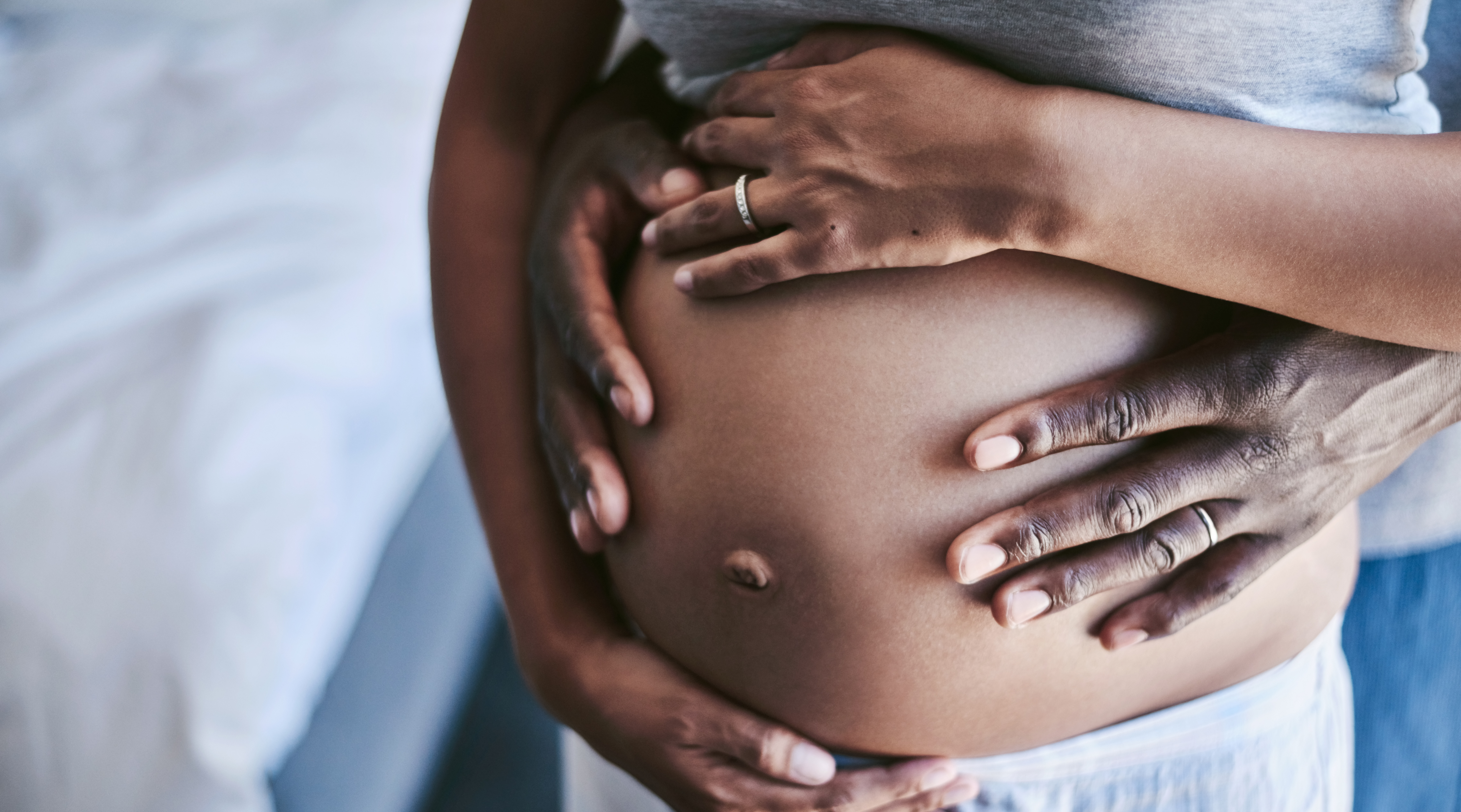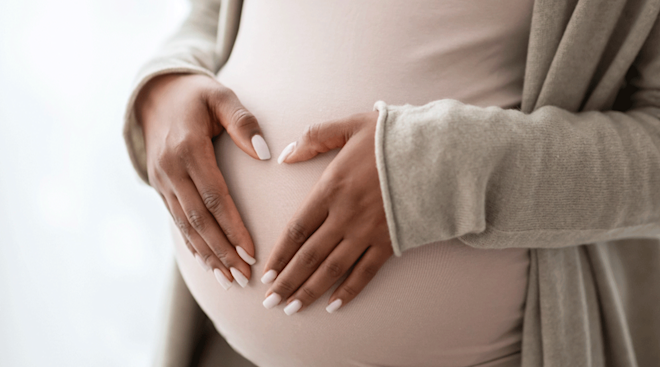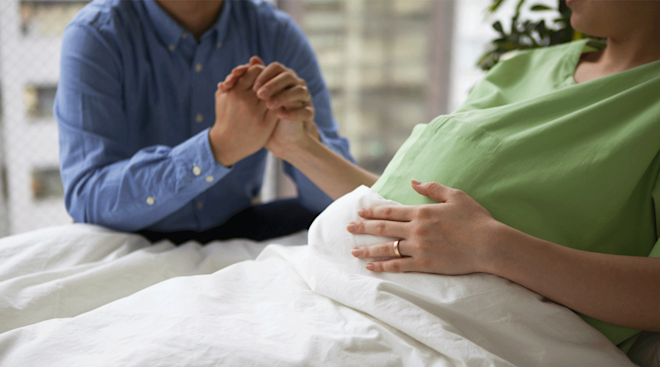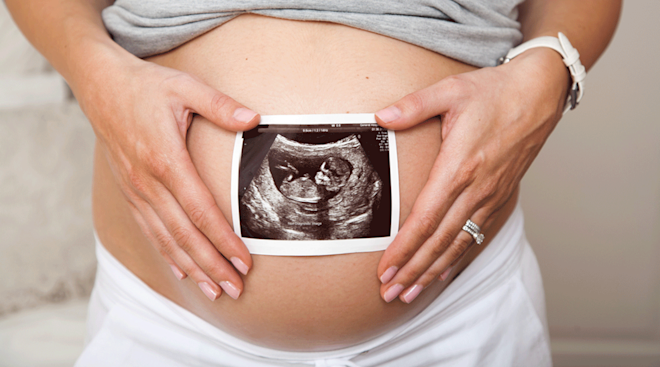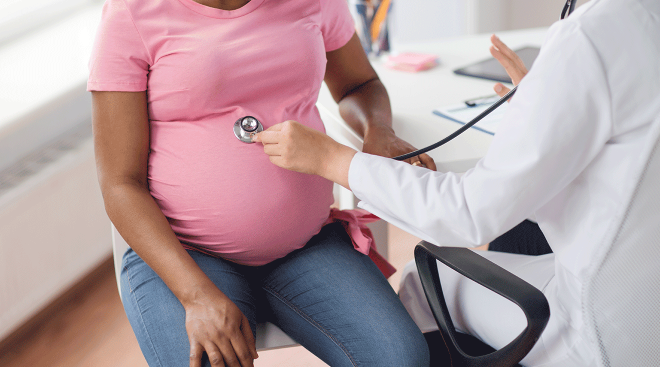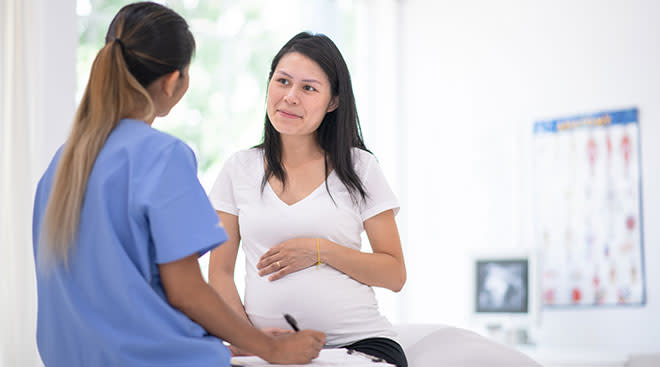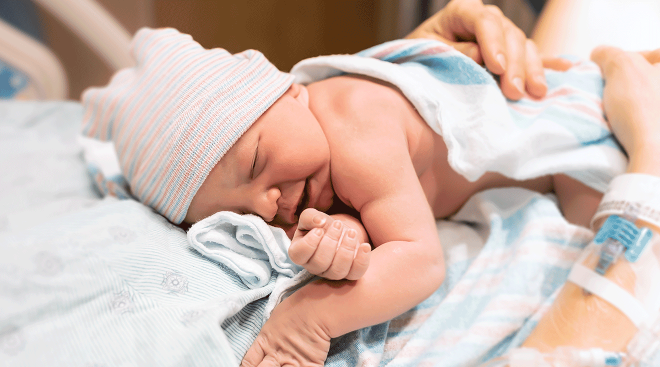Climate Change Is Tied to Pregnancy Risks—and Affects Black Moms Most
A new study published in the Jama Network Open, part of the Journal of the American Medical Association on June 18 is adding to the increasing evidence that climate change is tied to pregnancy risk—and disproportionately affecting Black mothers.
The study looked at 57 studies published since 2007 and a total of 32,798,152 births. It found in 84 percent of those studies that there was a correlation between heat exposure due to climate change and two types of air pollution in America and adverse birth outcomes, such as preterm birth, low birth weight or stillbirth.
Four of the studies reviewed found that higher temperatures due to climate change were linked to increased risk of preterm birth, ranging from 8.1 percent to 21 percent. The review also found that low birth weights became more common as the temperatures rose.
The air pollutants researchers looked at were ozone (aka smog) and small particles called PM 2.5, both of which are becoming increasingly common due to climate change, the study’s authors state. They concluded that the majority of the studies included in their review found correlations between the two types of air pollutants and preterm birth, low birth weight and stillbirth. In one of the studies, high exposure to air pollution during the third trimester was linked to a 42 percent increase in the risk of stillbirth.
Furthermore, of the studies that looked at the role racial disparities played, the vast majority found that Black mothers were affected at higher rates than the larger population.
“This review suggests that increasingly common environmental exposures exacerbated by climate change are significantly associated with serious adverse pregnancy outcomes across the US,” the study authors wrote in their conclusion. “The subpopulations at highest risk were persons with asthma and minority groups, especially black mothers.”
“We already know that these pregnancy outcomes are worse for black women,” Rupa Basu, PhD, one of the paper’s authors and the chief of the air and climate epidemiological section for the Office of Environmental Health Hazard Assessment in California, told The New York Times. “It’s even more exacerbated by these exposures.”
Dr. Basu added that prior research has shown that minority communities usually have less access to medical help and care and do not receive equal treatment from their providers.
Catherine Garcia Flowers, a field organizer in Houston for Moms Clean Air Force, an advocacy group, also told The Times that the review further underscored the need for federal action against air pollution. “This is a moment of reckoning for racial injustice and health disparities,” she said. “Doing nothing about air pollution, which so clearly has a greater impact on Black Americans, is racism in action.”
Please note: The Bump and the materials and information it contains are not intended to, and do not constitute, medical or other health advice or diagnosis and should not be used as such. You should always consult with a qualified physician or health professional about your specific circumstances.
Navigate forward to interact with the calendar and select a date. Press the question mark key to get the keyboard shortcuts for changing dates.

































